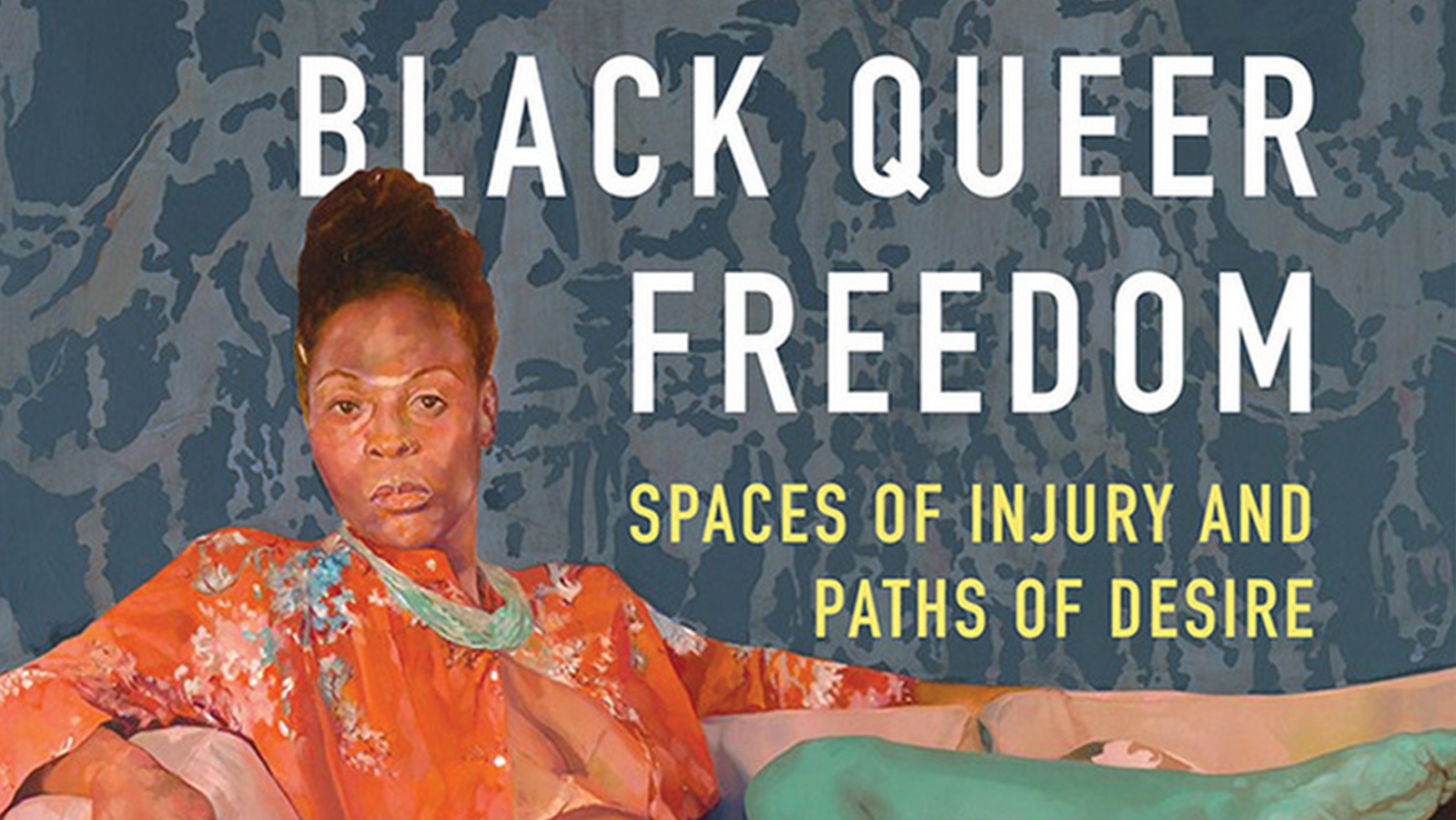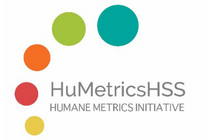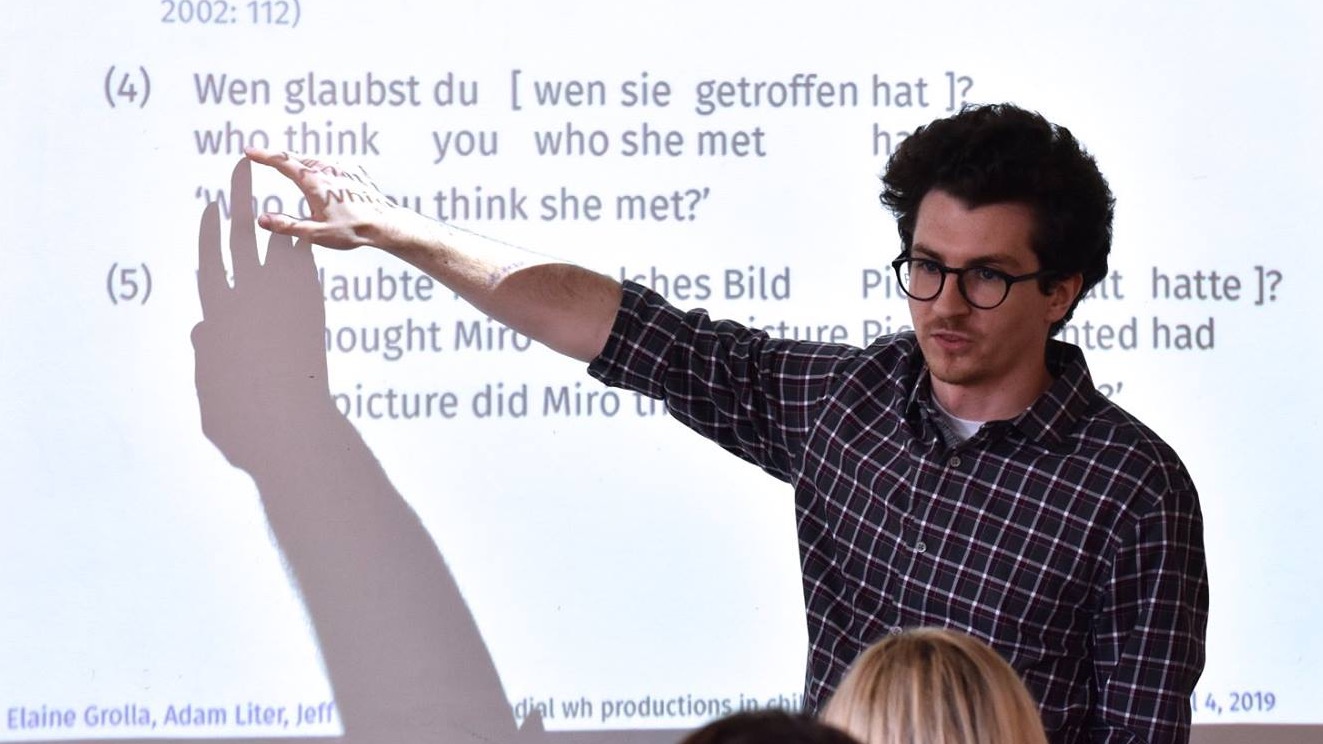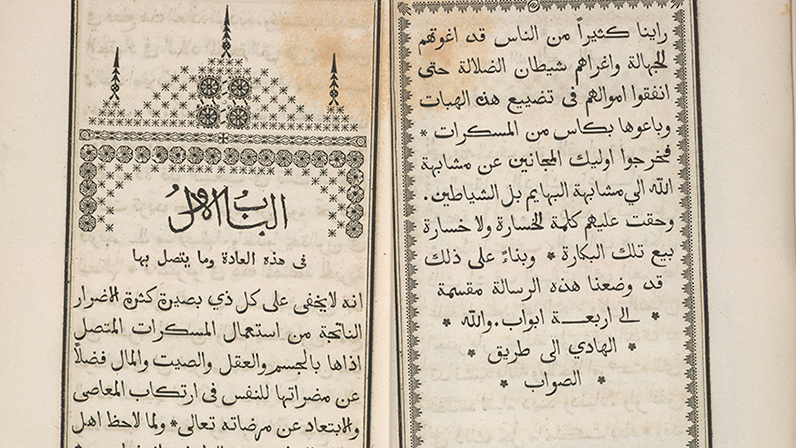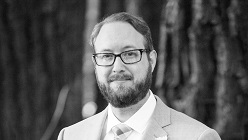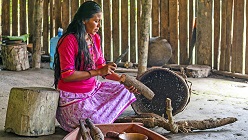Michigan State University has received a $650,000 grant from The Andrew W. Mellon Foundation to continue the work being done by the Humane Metrics for the Humanities and Social Sciences (HuMetricsHSS) initiative, an international partnership committed to establishing more humane indicators of excellence in academia with a particular focus on the humanities and social sciences.
The goal of the HuMetricsHSS initiative is to empower people at all levels of academic institutions by identifying core values and aligning reward mechanisms in every area — from grades and funding to promotion and tenure — with those values.
The initiative is led by an international group of co-PIs from the academic and nonprofit sectors including Christopher Long, Michigan State University, Dean of College of Arts & Letters and Dean of the Honors College; Nicky Agate, University of Pennsylvania, Snyder-Granader Assistant University Librarian for Research Data and Digital Scholarship; Rebecca Kennison, K|N Consultants, Executive Director and Principal; Jason Rhody, Social Science Research Council, Program Director; Simone Sacchi, European University Institute, Open Science Librarian; Bonnie Thornton Dill, University of Maryland, College Park, Dean of the College of Arts and Humanities and Professor in The Harriet Tubman Department of Women, Gender and Sexuality Studies; Penny Weber, Social Science Research Council Digital Culture Program, Projects Coordinator, and HuMetricsHSS Project Manager; and Bonnie Russell, Michigan State University, MESH Research and HuMetricsHSS Assistant Project Manager.
Established in 2016, the HuMetricsHSS initiative arose from a growing sense that the work by faculty and staff of academic institutions was increasingly driven by opaque and limited assessment mechanisms that reward a narrow scope of activities and fail to recognize the wide array of publicly focused, socially oriented scholarship that motivates faculty, staff, students, and administrators.
The initiative began working with academic institutions to create a values-enacted approach for recognizing labor that is often invisible, underappreciated, and unrewarded and that supports engaged and socially responsible scholarship and scholarly practice by aligning the values that animate that work with the activities that bring it to life.
This is the third grant the HuMetricsHSS initiative has received from The Andrew W. Mellon Foundation. The first, awarded in 2017 for $309,000, allowed for a series of workshops that identified values and practices to enrich scholarship in an effort to better recognize, promote, and nurture scholarly practices. The second Mellon grant, awarded in 2019 for $695,000, funded the first implementation round of the initiative.
“We stand at an inflection point of transformative change in higher education,” Long said. “There is an openness to new approaches and an appreciation of the action-oriented examples the HuMetricsHSS initiative offers.”
The world has changed dramatically since the initial two grants were awarded.
“The systemic inequities that were already obvious to many have come to the fore in the last year with the COVID-19 pandemic and the reckoning with racism with which we are grappling,” Thornton Dill said. “Within the academy, hierarchical inequities that undervalue teaching, which is central to the academic endeavor, have now become undeniably evident, as have issues of social and economic precarity among student populations, many of whom are now grappling not only with increased debt or financial burdens but also with the challenges of studying and learning in home environments that may not be safe or supportive for them.”
Similar levels of precarity, driven by the economic uncertainties of tuition-driven revenue, are keenly felt by contingent faculty and hourly waged staff, many of whom are recent graduate students who may carry considerable debt load.
“As we have learned through discussions with faculty and administrators in our workshops and through the research interviews facilitated by Foundation funding, inequalities and inequities appear to be growing rather than shrinking,” Kennison said. “Faculty, staff, and administrators are urgently searching for values-enacted evaluation frameworks that enable them to reshape the culture of higher education so that the academy is more humane, supportive, open, and just.”
Under this latest Mellon grant, over the next 18 months, the HuMetricsHSS initiative will:
- provide models of institutional transformation to demonstrate the potential of values frameworks in applied settings while fostering greater engagement in additional institutions;
- scale-up training and infrastructure to support the use of values frameworks through developing train-the-trainer workshops and by enhancing the HuMetricsHSS toolkit;
- build and expand communities of practice by fostering engaged, cross-pollinating networks through regular communication, facilitating collaboration through knowledge sharing and transparent idea generation, and coordinating with aligned initiatives on messaging and amplification of the work.
“For the next phase of HuMetricsHSS work, we envision operating on several axes that focus on engagement, implementation, scalability, and sustainability,” Rhody said. “Each of these efforts sets the framework for institutional transformation, building toward the long-term goal for HuMetricsHSS to support widespread transformation across a supported, funded institutional cohort.”

